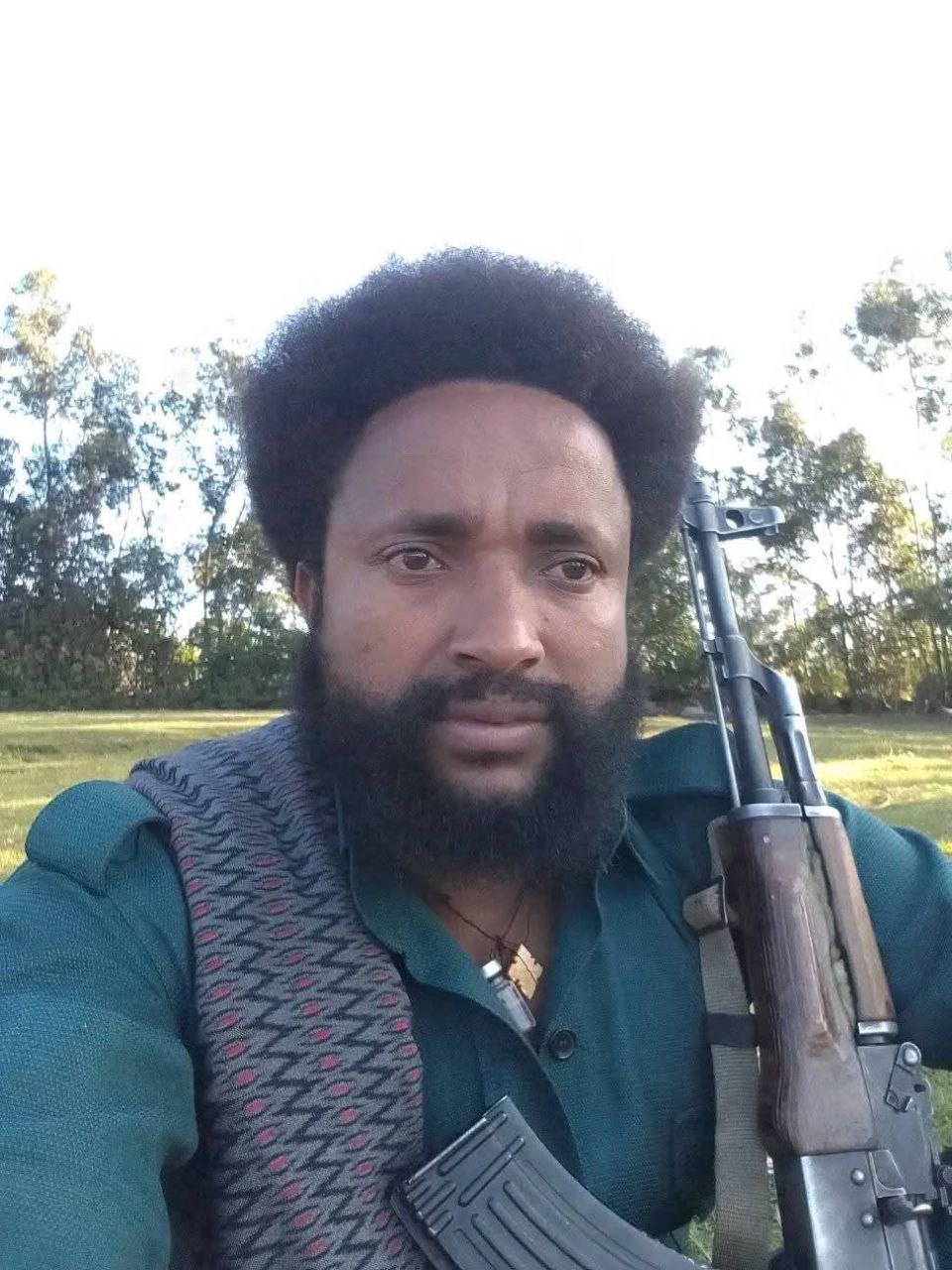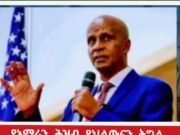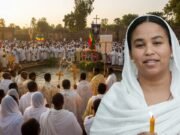The greatness of a nation lies in its fidelity to its constitution and strict adherence to the rule of law and above all the fear of God.
These are the words of Kenyan Chief Justice David Maraga, a respected Kisii elder, who explained the basis for his own decision to nullify the recent 2017 Kenyan presidential election results, after finding its outcome invalid. The August election gave current President Uhuru Kenyatta another term, which is now null and void by decision of the Kenyan Supreme Court.
Maraga calls these principles, the foundational ingredients for making a great nation; concluding with the importance of one’s own personal accountability before God.
In the Court’s decision and in his own explanation of it, the chief justice actively demonstrates his and his fellow justices’ commitment to stand firm for what is right in the face of powerful political forces. Fear of repercussions can cause an individual, or even the highest Court in the land, to compromise conscience and convictions; however, as Maraga explains, it comes at a cost to a nation— its greatness. Kenyatta is already criticizing the Court’s decision; however, he accepted it and the new election is now scheduled for October. This decision to overturn the election is historic and is a first for Africa and maybe in the world.
Without a reversal of worldview from the self-centered tribalism of our current system towards acknowledging the intrinsic value of the lives and rights of our neighbors—perhaps starting at the grassroots level— our future looks grim.
Many are predicting ethnic-based violence, killing, destruction and chaos in Ethiopia. Local people of moral courage and character can rise above the hatred, vengeance and bitterness that can destroy each other and our nation. You can be one of the people to make a difference. You are now needed to become an elder— “devoid of ethnic-based favoritism—ethnic godfatherism,” working for the common good of our nation. That means reconciling our people, fearing God and demonstrating how we might live in peace and harmony together. What one person does can be an example to many others and you are in a strategic place to do that.
If the “greatness of a nation” is linked to its fidelity to the Constitution, its adherence to the rule of law and above all to its fear of God, the “official” Ethiopia in operation today is in serious trouble. Maraga’s prescription for greatness may at first glance appear to be a threat to the current system and its hold on the people; but, as the grip of the EPRDF/TPLF weakens, the greater threat to them and us is widespread violence, destruction and collapse. Without the empowerment of our elders and other leaders to play a strategic role, for the good of our people and land, we are in graver danger than ever.
You who are Ethiopian elders, religious leaders and community leaders, both men and women who are respected among you, have been the conscience of the people, the resolvers of conflict in the community, and have traditionally provided wisdom in difficult times for the best interest of all. Even when diverse ethnicities were split or in conflict; it is the elders of both communities who have helped resolve the problems, often calling and facilitating meetings. Inter-marriage among people of diverse backgrounds has been part of the fabric of Ethiopia for centuries. We have lived as neighbors, mostly in peace and without serious problems, until the divisive policies of ethnic federalism became a tool of politicians wanting to promote their own interests. In doing so, peace among us was disturbed and new conflicts were provoked within families, communities, ethnic groups, religious groups and regions.
Ethiopian elders and leaders at the local level in the country are strategic stakeholders in this process that requires your contributions; however, we in the Solidarity Movement for a New Ethiopia (SMNE) will also work to make sure reconciliation, restorative justice and meaningful reforms are fundamental components to efforts to avert ethnic violence and destruction.
At the same time, we will seek to support your efforts in people-to-people reconciliation at the grassroots— putting humanity before ethnicity or any other differences. We believe this the only way to bring a lasting peace to our country. Let us remember, no one is free until all are free.
It is a time for moral heroism in Ethiopia. Will you join with others to stand up for what is right and good, not only for your own group, but for all?
Let the rivers of reconciliation, forgiveness and justice flow through our land and beyond, nourishing our lives and the lives of others along the way.




























